Experts Say Entrepreneurship, Not Aid, Is Key To Ethiopia’s Future
Questioning Aid
Dan Churchwell from Acton Institute (left) and Desta Heliso from Sophos Africa (right) discuss the merits of aid in Africa.
Foreign aid is not a cure-all for Africa according to experts and leaders from Africa who spoke at a recent conference in New York City. Rather, they suggest foreign aid is only part of the panacea alongside a more holistic dose of self-reliance, good governance, entrepreneurship and transcendent spiritual values.
The McCandlish Phillips Journalism Institute co-hosted “Aid, Entrepreneurship, and U.S.- Ethiopia Relations” on Saturday, Feb. 18 at The King’s College in Manhattan. This event launched a new organization, Sophos Africa, to promote a culture of entrepreneurialism, integrity, accountability, and self-governance in Ethiopia. Keynote speakers at the event include Desta Heliso, founder of Sophos Africa; Gedion Timothewos, Ethiopia’s justice minister; NYU professor William Easterly; and Acton Institute’s Michael Miller, producer of “Poverty, Inc.” The event was funded by Acton Institute and Pepperdine University.
Ethiopia’s justice minister, Gedion Timothewos, kicked off the conference by describing how misguided donor efforts have led to bad governance in Ethiopia. When foreign aid is a significant chunk of the national budget, donors rather than citizens become the constituency with the greatest influence on government.
“Foreign aid dependence of governments militates against genuine democratic accountability and undermines the sense of responsibility that citizens feel regarding national affairs,” Timothewos said.
In Ethiopia, foreign aid has created a political economy that “rewards the least productive and discourages the most enterprising and productive citizens,” Timothewos said. In healthy societies, the road to riches is through private enterprise. In aid-dependent societies, “political power is an instrument of resource accumulation.”
He said the most talented individuals in Ethiopia aspire to work for nongovernmental organizations and foreign aid organizations, where they take none of the risks or tribulations associated with running their own businesses.
How to Progress
NYU Professor William Easterly (left) speaks with Ethiopia’s minister of justice, Gedion Timothewos.
NYU professor William Easterly once worked for the World Bank. He now argues that World Bank, USAID, and International Monetary Fund poverty reduction programs have done more harm than good to poor countries. These programs primarily serve the interests of rich donor countries. They have also created a cohort of poverty “experts” who have become a formidable constituency.
Foreign aid becomes pernicious when top-down goal setting and planning — such as the United Nations’ Millennium Goals — deprive actors of useful feedback about why projects fail, he said. What is needed, according to Easterly, is empowered entrepreneurs and nonprofits on the ground who understand local needs, who have incentives to meet those needs and who are able to experiment on a small scale.
Easterly says he is “pessimistic about aid, but optimistic about Africa.” He sees a young, energetic citizenry who are profiting from specializing in the global economy through free markets. But to work, free markets need a supportive political environment. There is a direct correlation between the ease of doing business in a country — property rights, registering a business, getting credit and enforcing contracts — and the average per capita income in a country.
Michael Miller made a case that poverty is a result not of an absence of human or natural resources but of the unchecked power of governments who deprive poor people of fundamental rights. Poverty will not be ended by soulless technocrats, who do little to enhance liberty, justice in the courts, property rights, or democracy. Poverty ends when homegrown political and economic social reformers and entrepreneurs unleash the power of human capital and free markets.
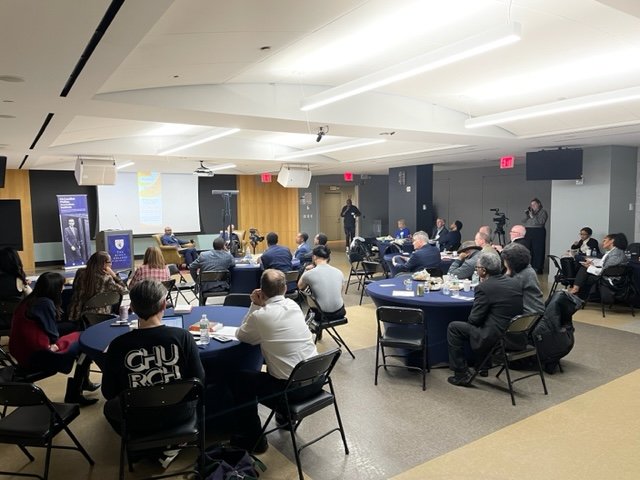
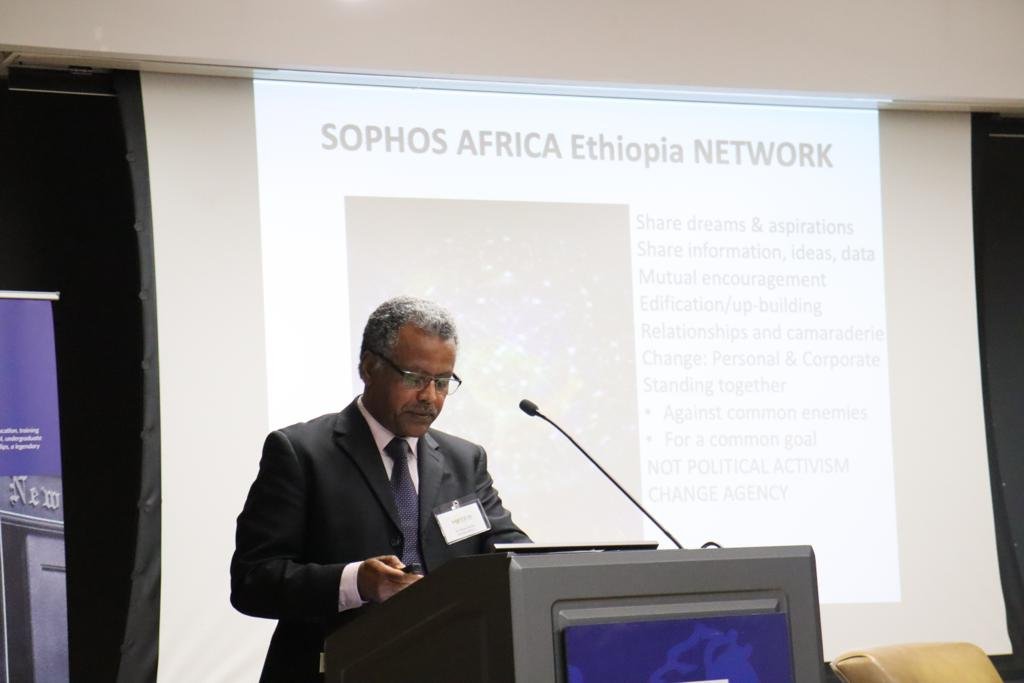
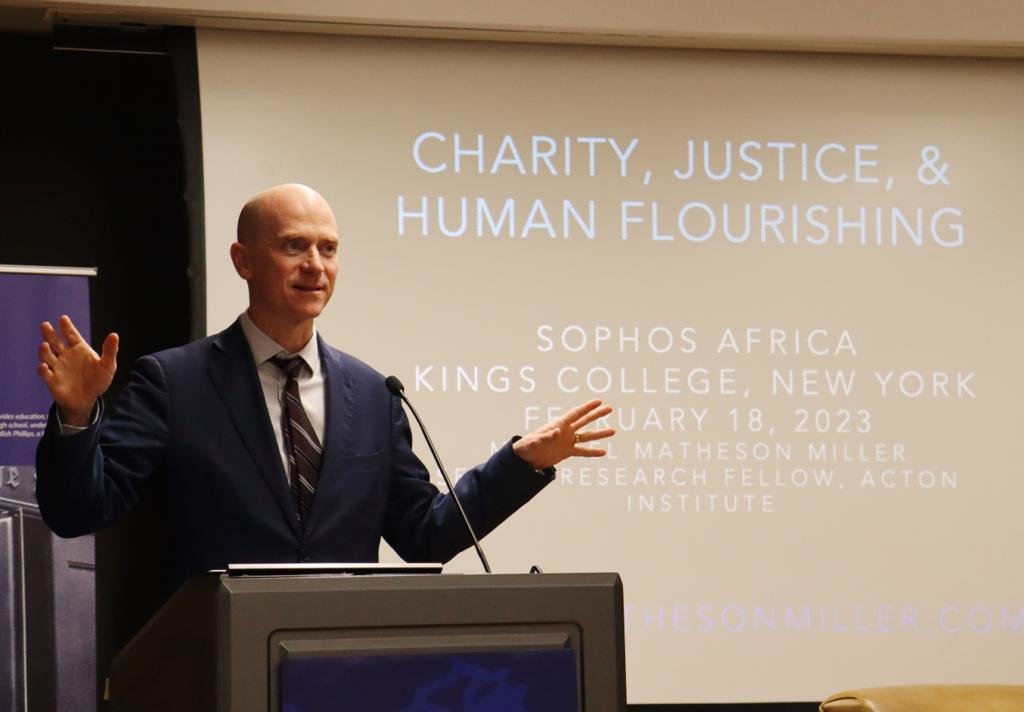
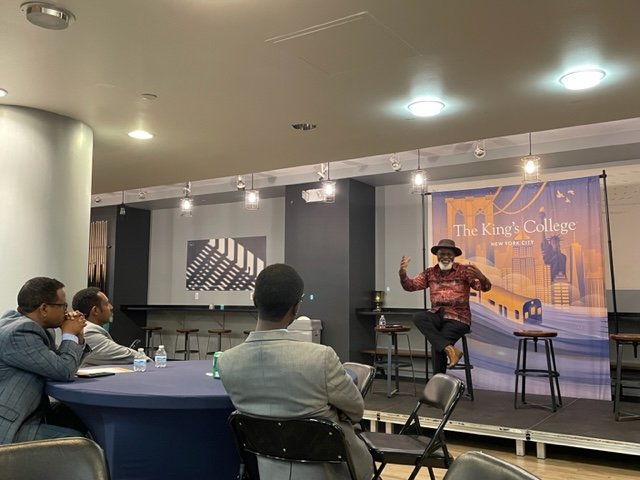
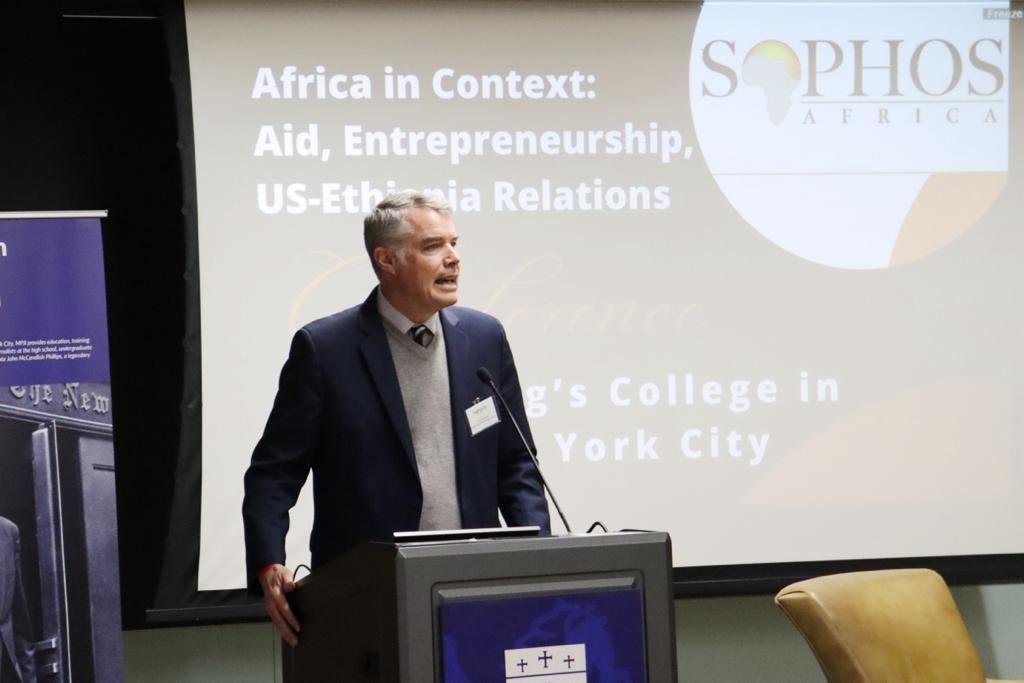
Desta Heliso closed the meeting. Heliso grew up in a small town in southern Ethiopia, which has been receiving foreign aid for the past 50 years.
“I have known aid since my childhood,” Heliso said. “I have witnessed humanitarian emergency aid saving thousands of lives. I have also witnessed aid undermining social capital, tearing apart communities, corrupting officials and fueling conflicts.”
Today, Heliso’s village is poorer than it was when he was in his teens. The West has given $1.2 trillion in development assistance to Africa since 1990, but this has left poor Africans worse off.
“I have come to realize that no amount of money or expertise will solve the problems in my village unless the villagers themselves are ready to solve problems,” Heliso said, adding that he goal of aid is to end situations that lead to aid. “U.S.-led Western governments must ... shift their focus from aid to providing fair access to African markets, making foreign direct investment, and supporting ... the development of human capital.”
To this end, Heliso has formed a new nonprofit organization, Sophos Africa, that is focused on developing a critical mass of genuinely transformed and entrepreneurial Africans. He said Sophos Africa will create networks of women and men who meet regularly and are committed to maintaining integrity in their workplaces and civic life. He said members of Sophos Africa will stand against corruption, ethnocentrism and religious extremism. His goal is for these men and women to promote a culture of integrity, accountability and stewardship. Heliso’s goal is to have at least 18% of Ethiopians participate in Sophos Africa.
Robert Carle is a professor at The King’s College in Manhattan. Dr. Carle has contributed to The Wall Street Journal, The American Interest, Religion Unplugged, Newsday, Society, Human Rights Review, The Public Discourse, Academic Questions and Reason.


